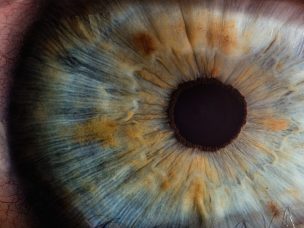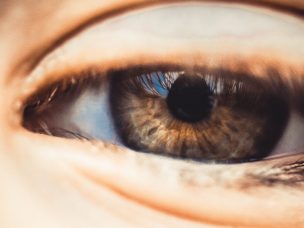Wet AMD
Patients With Wet AMD Lost to Follow-Up
Anti-VEGF intravitreal injection is the standard of care for patients with neovascular age-related macular degeneration or wet AMD. However, despite effective treatment options, many patients with wet AMD do not receive the recommended number of injections and follow-up visits annually. This retrospective cohort study, published in JAMA Ophthalmology, examined loss to follow-up rates to determine which...
Wet AMD Pipeline Therapies
Although anti-VEGF therapy has revolutionized care for wet age-related macular degeneration (AMD), real-world analyses have shown limited improvement in visual acuity over time, largely due to treatment burden. However, several pipeline therapies could reduce the financial and treatment burden of wet AMD therapy. This article, published in the International Journal of Retina and Vitreous, explored the...
Improving Women's Eye Health
In the United States, women are more at risk than men of developing a serious eye disease and vision impairment, and wet age-related macular degeneration (AMD) is no exception. While wet AMD is still prevalent in men, global studies have shown that women have a higher burden of vision loss from wet AMD, implying that...
Choroidal Thickness and Wet AMD Activity
As wet age-related macular degeneration (AMD) progresses, choroidal thickening is hypothesized to occur. However, some studies also report choroidal thinning in eyes with wet AMD. This study, published in QJM: An International Journal of Medicine, sought to clarify the relationship between choroidal thickness and choroidal neovascularization using spectral-domain optical coherence tomography. The study used data from 33...
Genetic Polymorphism and Wet AMD
Anti-VEGF intravitreal injections are used to treat wet age-related macular degeneration (AMD). This meta-analysis, published in Ophthalmic Research, examined the available research on the genetic polymorphism of ARMS2 A69S conferring susceptibility to AMD with response to anti-VEGF therapy. Data were gathered through electronic databases and keyword searches. A total of 21 publications were selected for meta-analysis....
Patient Response to Aflibercept for Wet AMD
Aflibercept is an anti-VEGF treatment used to treat wet age-related macular degeneration (AMD). However, patient response to aflibercept and other anti-VEGF treatments can vary. This prospective study, published in Photodiagnosis and Photodynamic Therapy, analyzed the anatomical and functional recovery of the retina following aflibercept therapy. The study relied on data from 33 eyes of 33 patients...
Functional and Structural Discrepancy in Wet AMD
Despite the use of anti-VEGF treatment for wet age-related macular degeneration (AMD), the relationship between anti-VEGFs and retinal atrophy remains inconclusive. This case series study, published in the European Journal of Ophthalmology, analyzed 13 eyes from 10 patients that received anti-VEGF injections who had good visual acuity despite having retinal atrophy. The study was conducted at...
Non-Viral Gene Therapy for Wet AMD
Anti-VEGF intravitreal injections are effective in treating wet age-related macular degeneration (AMD). However, longer-lasting anti-VEGF agents are needed to reduce the burden associated with intravitreal injections. This study, published in Investigative Ophthalmology & Visual Science, sought to evaluate the use of non-viral gene therapy to treat choroidal neovascularization (CNV) in rats using the anti-VEGF agent aflibercept or...
Treating Wet AMD With VEGFR Inhibitor Eyedrops
Anti-VEGF intravitreal injections for wet age-related macular degeneration (AMD) are effective but burdensome for patients. This study, published in Investigative Ophthalmology & Visual Science, sought to evaluate the use of three non-invasive VEGFR tyrosine kinase inhibitors (TKIs) in treating choroidal neovascularization in mice. The researchers studied three TKIs, sunitinib, pazopanib, and axitinib, in mice with laser-induced choroidal...
More Medical News














